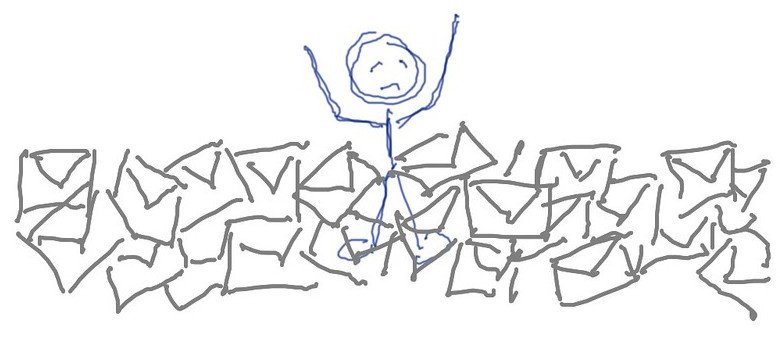Data broker loophole threatens journalists and whistleblowers
Congress should stop law enforcement and intelligence agencies from buying their way around the Fourth Amendment
Stop distorting Daniel Ellsberg's legacy to disparage other whistleblowers
Ellsberg supported and admired those who followed in his footsteps
Snowden anniversary a reminder of the need to protect whistleblowers and journalists
Disclosures changed history by revealing illegal mass surveillance
Congressional hearing on Twitter Files shows why conservatives need the PRESS Act
It’s not just the “liberal media” that needs protection from politicians pressuring journalists to burn sources
Sources need to know they’re protected when journalists die
Reporter’s privilege can’t just protect reporters
Journalist protections excluded from omnibus bill after nonsensical objection
FPF to continue fighting for PRESS Act’s passage in 2023.
Congress has a historic chance to protect journalists and whistleblowers in this year’s defense authorization bill
For years, DOJ has abused the Espionage Act against whistleblowers and journalists. A new bill could potentially change that.
Brave whistleblowers are being punished for saving lives during a pandemic
The coronavirus crisis has highlighted the importance of whistleblowers to a free and unfettered press. Throughout this emergency, it has been whistleblowers playing a critical role in informing the general public and forcing governments to make important public health decisions.
How reporters’ emails get got: Case studies in legal requests and hacking
Before potentially burning a source or tipping off a target before you're ready, journalists should know the privacy and security constraints of email — who can see your emails, and when?
Why is Chelsea Manning still in jail?
The ongoing detention of Chelsea Manning is inhumane and punitive, and she should be released immediately.









